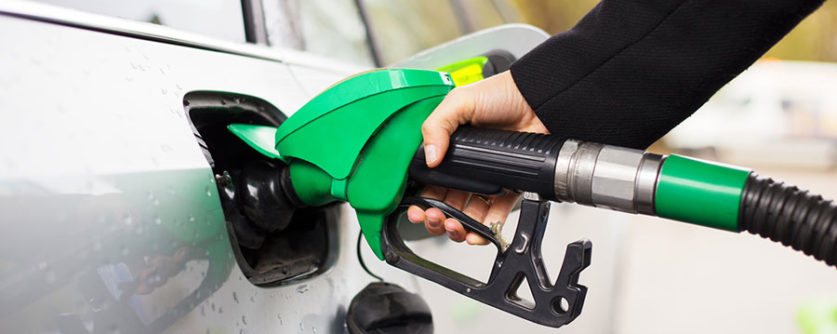
The Scottish government has released a new legislative programme with a focus on greener energy and an aim to ban all petrol and diesel cars by the year 2023.
The Programme for Scotland 2017-2018 also plans to tackle air pollution with a low emission zone in one Scottish city, moving up to four by 2020, as well as bringing in recycling schemes and a push for green investment.
Nicola Sturgeon spoke of plans to increase the number of electric charging points to encourage drivers to go Green. The Scottish first minister wants to make the a9 the first fully electric enabled road in the country and spoke of setting up an innovation fund to promote climate friendly initiatives, such as putting more charging points in population dense areas.
“Our aim is for new petrol and diesel cars and vans to be phased out in Scotland by 2032,” Ms Sturgeon said.
This is a whole 8 years ahead of a pledge by the UK government who had promised to slow the production of diesel and petrol based vehicles by 2020. These proposals follow on from similar plans put in place in place by countries such as France and Norway, who are trying to move to a zero-emission platform by 2040 and 2025 respectively.
The Scottish Government has cited the main reason that the new policy has been brought in was to do with the quality of the air and impact that it was having on its citizens. It’s not hard to see why, as Friends of the Earth Scotland, working off figures released by the UK government in 2015, claimed that the number of premature deaths due to fossil fuels was as high as 3,500 per year.
Many Scottish charities welcomed the new legislation, citing it as bold and innovative. Gina Hanrahan from WWF said: “The First Minister has set out an ambitious, progressive and green Programme for Government, which puts Scotland’s low carbon economy in the driving seat.
“Decarbonising our transport sector in fifteen years will create new jobs, cut emissions and clean up our polluted air. This announcement will help accelerate the shift to electric vehicles and sets us up to lead the technologies of the future.”
Scottish Green Party member Patrick Harvie was also pleased with the new policies, but maintained that more than just promises were required to make this a reality.
“The phase out of new petrol and diesel cars and vans by 2032 is a good aim but we need a clear commitment to end their use. Greens have long argued for action on air pollution, and the commitment to have low emissions zones in four cities by 2020 rather than the single zone the government originally proposed is modest progress,” he said
Many saw this an opportunity to turn up the pressure on Westminster to follow suit. Greenpeace clean air campaigner Anna Jones spoke of how the Scottish government had set out a far bolder plan than the UK government.
She said: “This is what real leadership looks like. Today’s announcement shows Nicola Sturgeon’s vision for global environmental leadership. The ball is now in Theresa May’s court.”




